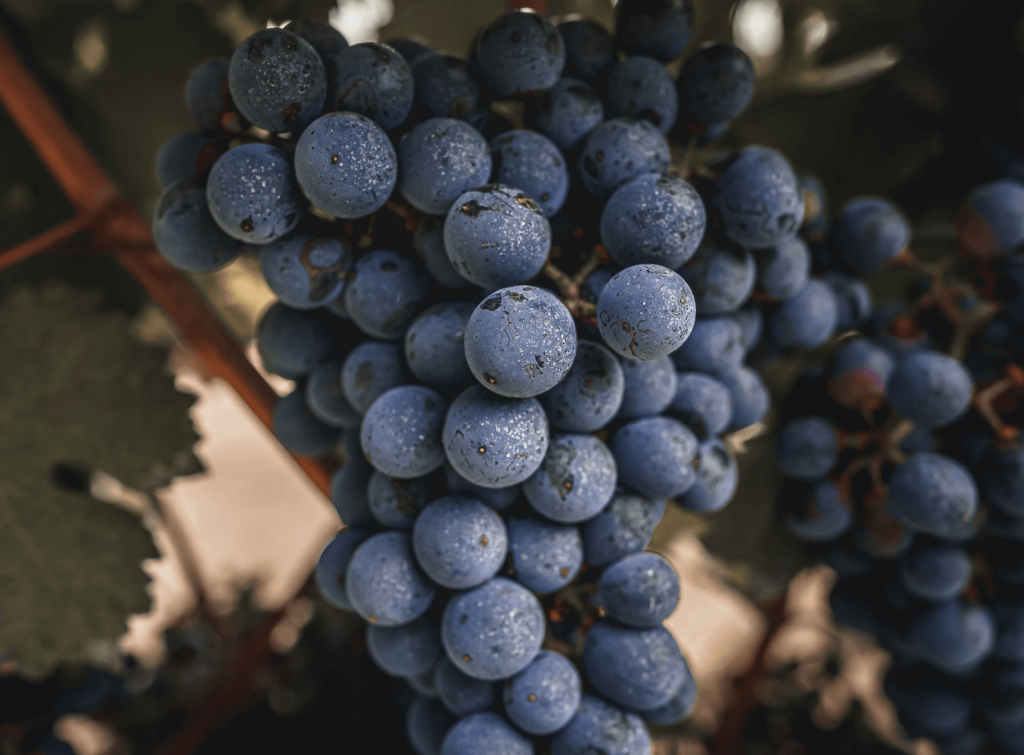A “vin de garde” is more than just a wine—it is a testament to time. We’re living in the golden era of wine – an age where there are so many delicious wines out there, but how can we distinguish between a drinking wine, and a wine for cellaring? Wines in the latter camp possess the structure and balance required to develop complexity over years, decades, and sometimes even centuries. In contrast, many excellent wines, while showcasing great quality and finesse, are crafted for earlier enjoyment and lack the attributes to sustain long-term ageing.
The ageability trifecta
The key components dictating a wine’s ability to age are acidity, tannin structure, and alcohol. The true art of modern winemaking lies in creating balance of these elements with phenolic concentration, producing a wine that tastes good while young, but that will get better with age. This is a relatively recent skill – in Bordeaux, wines made as recently as in the 2010 vintage have proven difficult to enjoy while young, requiring at least a decade in bottle before becoming approachable. More recent vintages – 2019 or 2022 for example – will likely be more palatable in their youth, even if they’ll still be at their greatest in 20+ years.
The climate impact
Climate change is partially responsible for this shift. Rising temperatures have thus far made it easier to ripen grapes to full maturity, offering wines with the fuller fruit profile that makes them more palatable in their youth. One element at the top of great winemakers’ watchlists is pH levels. Warmer temperatures can lead to wines with lower acidity, but relatively high acidity is essential for long-term ageing as it helps wines to resist oxidation and maintain their vibrancy over time.
In time, this may become a serious concern to winemaking regions and styles with more delicate grape varieties, such a Burgundy’s Pinot Noir. The 2022 vintage has been widely celebrated for its exceptional quality, though with higher pH levels, questions may remain about its capacity to age in the long-term.
Time capsule
For us at 1275, this evolving reality underlines the importance of preserving the heritage of bottles with genuine capacity to age. We are committed to building collections of the finest and rarest ageing wines, and safeguarding them for future generations in our time capsule in Geneva’s FreePort. In a world of rapid change, these treasures remind us of the timeless value of patience and craftsmanship.

